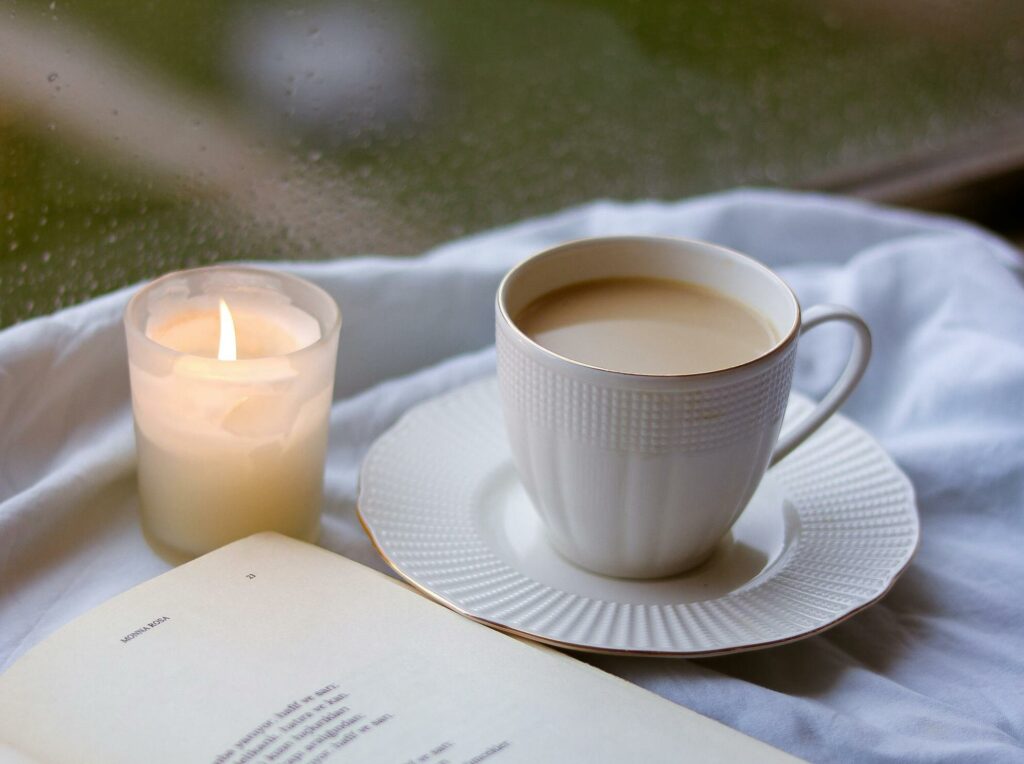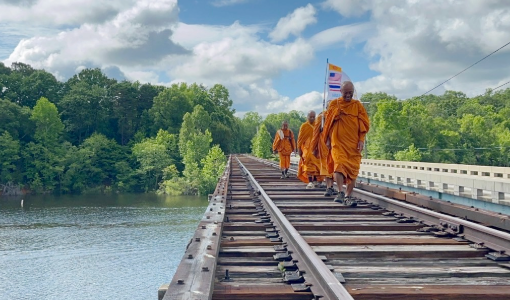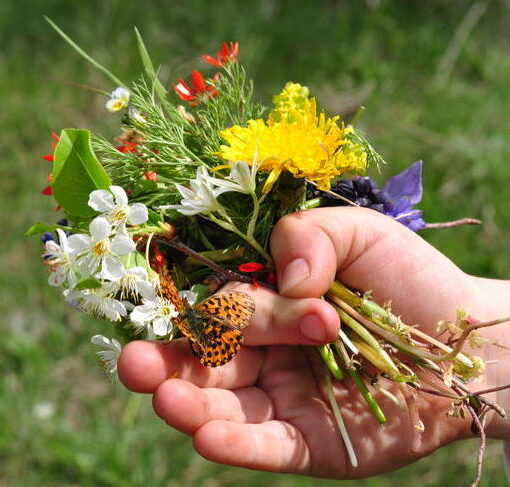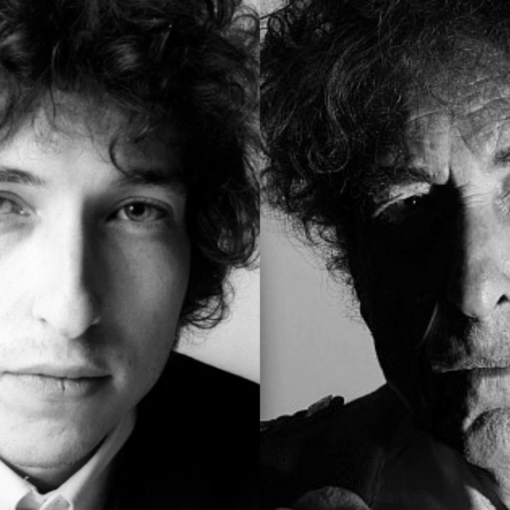By Tommy Housworth
Human beings crave ritual. It helps us feel at home in the world. From elaborate formal ceremonies to simple, steadying gestures, rituals mark our moments and render them memorable. The meaning we gain from them depends on the meaning we attribute to them. The rituals we choose to observe can bring comfort and purpose to our lives.

In the quiet of your home, you light a candle in prayer. You chant a mantra, touch a photo, or methodically prepare your morning tea. You blow out a candle on a cake. Such ritual behaviors place our activities in a familiar context and imbue even our most mundane and messy moments with significance.
Rituals can provide reassurance when we are uncertain. One explanation for why humans developed them is in an attempt to stave off danger by nudging our fears a little closer to the margins. Whether the threat is concrete or intangible, and whether the rituals are based on tradition, superstition, or both, science seems to confirm that they serve as a source of empowerment that enhances confidence, motivates greater effort, and improves our capacity for success in our endeavors.
The reliability of rituals serves as a balm for our fears—real and imagined. They allow us to lean into something familiar, a reassuring routine that offers profound stability in the midst of inconstancy. A good friend who watches baseball says it’s a ritual that comforts her. In a world where chaos often topples order, baseball consistently promises three strikes, three outs, and nine innings as a framework of familiarity and dependability.
The players themselves certainly believe in the value of rituals. Former Red Sox third baseman Wade Boggs woke up at the same time each day, ate chicken before each game, took exactly 117 ground balls in practice, and wrote the word “Chai” (Hebrew for “life”) in the dirt before each at bat. (He isn’t Jewish, by the way.) In a sport that sees professional players crossing themselves more frequently than the staff at the Vatican and staging elaborate victory dances following every home run, we might feel it’s all a bit much. But just remember, Wade Boggs is now a Hall of Famer.
Of course, rituals are not limited to personal behaviors. They are woven into our communities and cultures, creating a connective tissue that binds us, a collective quest for something greater than ourselves. Throughout time and all over the globe, the richness of rituals attests to their continuing value in people’s individual lives, and in our shared experience as members of the human community.
The rain dance is performed across the world – from Indigenous tribes in North America to Aboriginal elders in Australia – to connect Heaven and Earth in supplication for an end to blistering droughts. Thousands gather each year on the former site of Kaneiji Temple in Tokyo to celebrate Hanami, a festival where more than a thousand cherry trees represent renewal and honor nature’s impermanent beauty. Eight thousand miles away in West Africa, along the banks of eastern Togo’s vast Mono River, locals gather for a complex voodoo cleansing ceremony to protect their village. In Thailand, a handful of Buddhist temples offer the San Want, a bamboo tattoo that serves as a blessing to protect recipients from their fears and enemies. On a beach in Fiji, members of the Sawau tribe walk barefoot across a bed of burning coals in a sacred ceremonial display of strength, courage, and faith.
Closer to home, a brass band in New Orleans leads friends and family, dancing and singing, through the French Quarter and on to St. Louis Cemetery, in a ritual that is equal measures mourning and celebration. From Burning Man to the Polar Plunge, humans gather together to share experience and are enriched by doing so.
Of course, our daily rituals may be quite simple. The morning cup of coffee, unhurriedly sipped over a game of Wordle, might be as necessary a ritual for some as a liturgy spoken in church is for others. Taking time to notice what our minds are doing, whether in formal mindfulness practice or simply sitting on our porch, is a ritual that inevitably yields insight, including becoming aware that the rituals we appreciate and observe are likely to change over time. We can always choose to adopt new ones. The possibilities are as limitless as the people practicing them.
So recognize your rituals. Befriend them. Cherish them. Permit them to have resonance. Give them space to take deep roots. Let them run ahead of you, carrying a light that makes your path less fearful. Let them linger and play behind you, reminding you that you can drop pretenses and ease into a more untroubled version of yourself. Invite them to strengthen your connection with yourself, with others, and with the world we all share.
Rituals are our cherry blossoms, the protectors of our village, the blessings carved into our skin. From the mundane to the monumental, our rituals remind us that we have a choice: we can notice each moment and celebrate life. Rituals are the brass band that plays us home.




